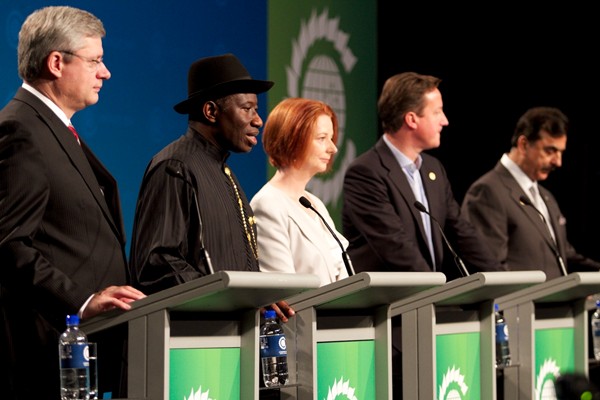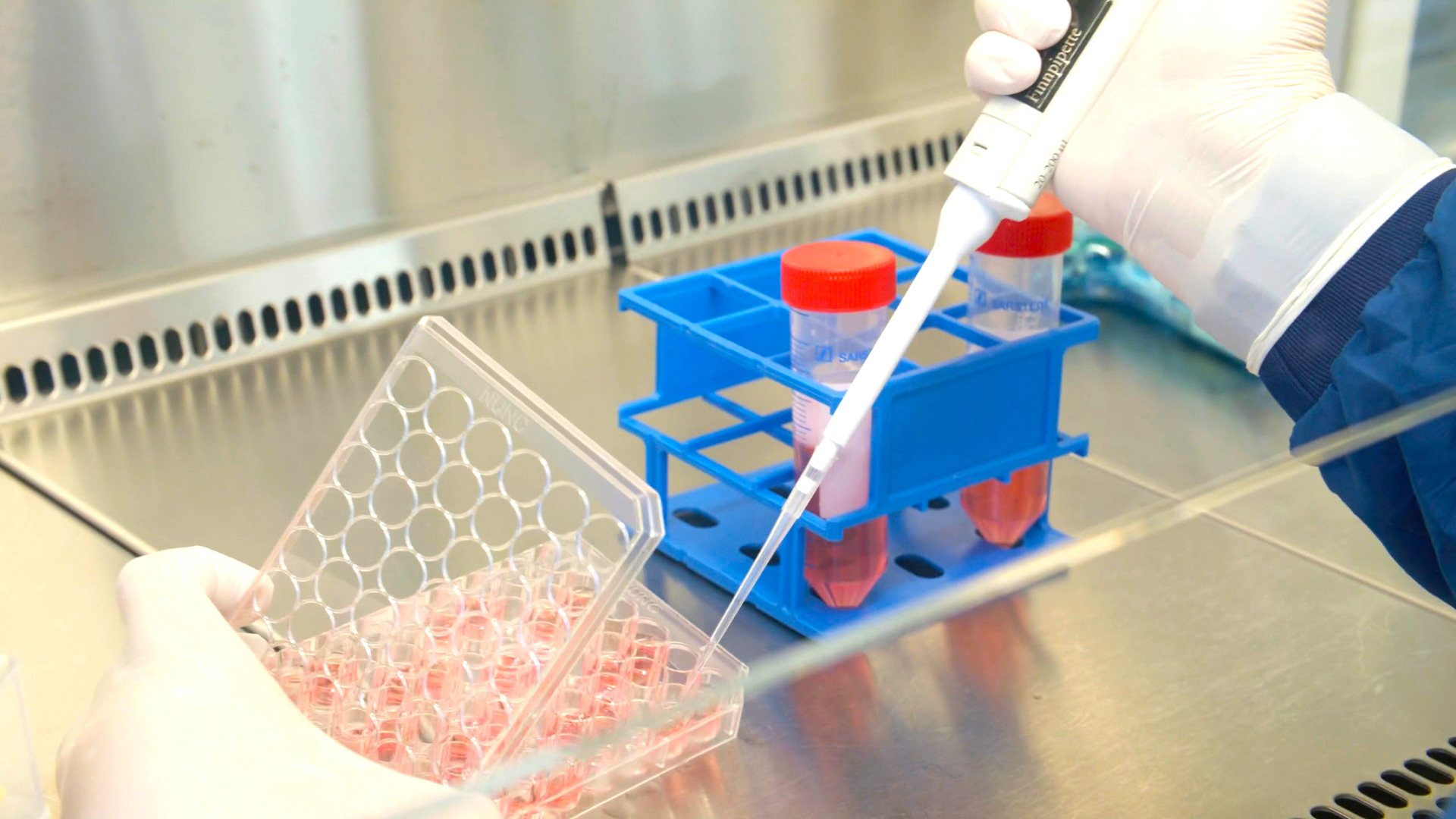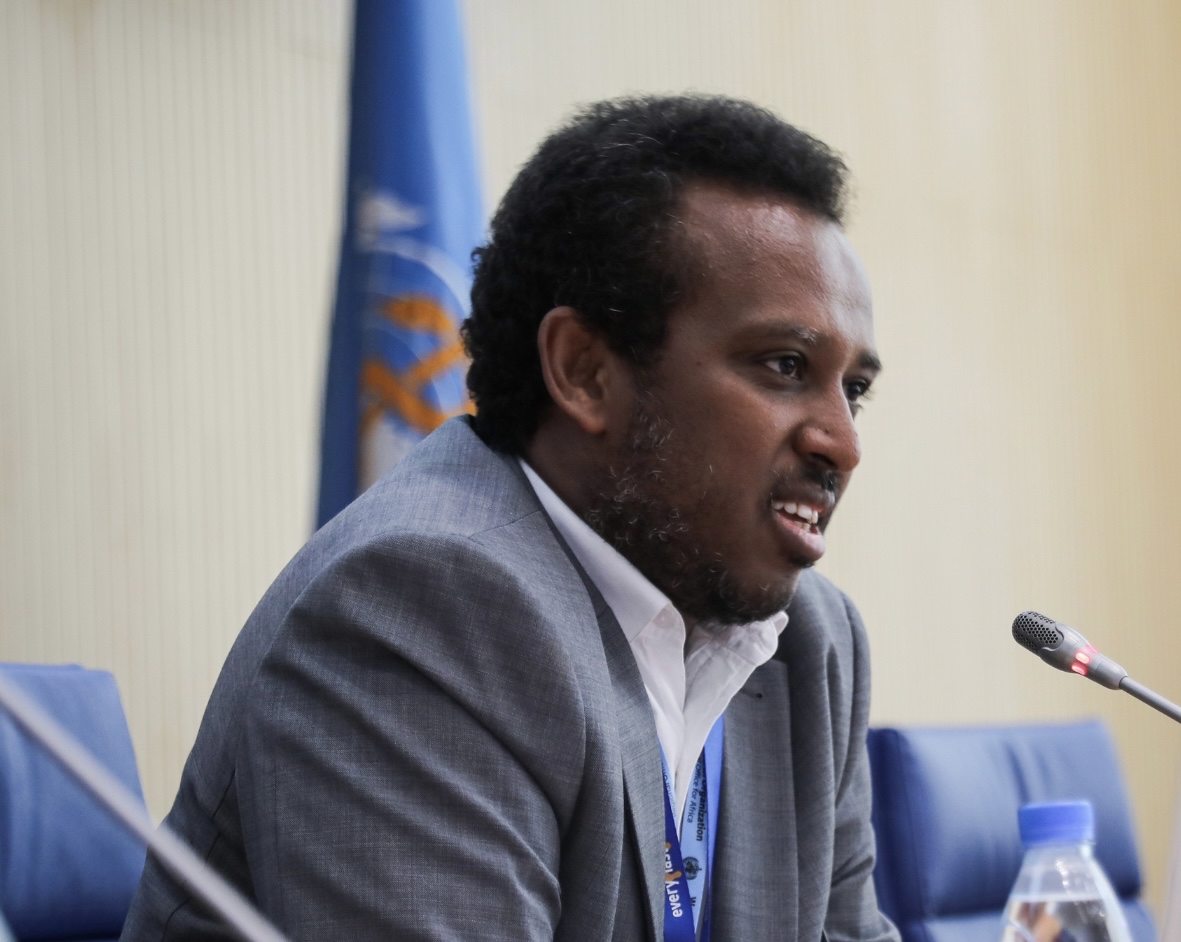
WORLD leaders from Australia, the United Kingdom, Canada, Nigeria and Pakistan joined Bill Gates on Saturday in pledging over $100 million in new funds to help deliver a polio-free world.
Australian Prime Minister Julia Gillard led the call at the Commonwealth Heads of Government meeting in Perth, announcing an Australian$ 50 million commitment to the Global Polio Eradication Initiative, which she called “an investment in saving lives”. Three of the four remaining polio-endemic countries – India, Nigeria and Pakistan – are members of the Commonwealth.
The Prime Minister of Canada, Stephen Harper, announced a further Canadian $ 15 million in funding, Nigerian President Goodluck Jonathan an increase from planned $17 million annual funding to US$ 30 million yearly starting in 2012., while Bill Gates joined the press conference by video link and announced US$40 million in support.
At a joint press conference with United Kingdom Prime Minister David Cameron, Pakistan Prime Minister Yousaf Raza Gilani, Mr Harper and Mr Jonathan, Ms Gillard declared the five countries were “here today to demonstrate our commitment to end polio for all time”.
“We are within grasp of declaring the end of polio worldwide,” she said. “We need to keep this action going. We know it will yield real results. At the end of the day, it’s a simple action of two drops of vaccine. We can do that in our world and end polio forever,” Ms Gillard said.
Mr Cameron joined the chorus, declaring that the world was in sight of “the great goal of eradicating polio”.
“Nearly eradicated is not good enough,” he said. “When we have the vaccines and tools to save children’s lives, it is not good enough to wait. Because while we wait, children are dying. As long as one child remains at risk, all children remain at risk, and that isn’t a risk we can take.”
Mr Cameron challenged other countries to follow their example, saying “few ideas are more powerful than the eradication of human disease – what is missing is the political will to see it through. Let us eradicate polio once and for all.”
Mr Harper said Canada had made polio eradication a key aspect of its mission in Afghanistan. “Now is the time for the final push,” he said. “If we don’t stamp out polio we risk its re-emergence, not just in the region but around the world.”
Nigerian President Goodluck Jonathan thanked his fellow leaders for their generosity, and reiterated that polio eradication was a major priority in Nigeria – one of only four countries never to have stopped polio transmission. “This is a major announcement for us, because Nigeria is one of the countries that still have cases of polio. I promise the world that in the next two years, we will eradicate polio.”
Mr Gates, via video, reiterated that polio eradication was at “the top” of the Bill & Melinda Gates Foundation’s priority list.
“We’re at a crossroads and we need more urgency to finish that last 1%,” Mr Gates said. “It’s important that we double down and make the commitment to finish the fight.”
The Australian contribution comes at a time of urgent and fundamental change for the GPEI, spearheaded by national governments, the World Health Organization, Rotary International, US Centers for Disease Control and Prevention and UNICEF. With polio 99% gone, the final 1% is the toughest step, requiring steadfast focus and ingenuity to root out the virus from the few places it still paralyzes children – and this contribution enables the GPEI to do so.
The Global Poverty Project, an Australian-grown advocacy, campaign and public education organization, ran a year-long campaign to lobby the Australian Government to add polio to the agenda in Perth, where a quarter of the world’s leaders gathered for the Commonwealth meeting. Over the past 100 days, nearly 25,000 people signed a petition to urge Commonwealth leaders to make the eradication of polio an urgent international priority.
On Friday night in Perth, the campaign culminated in The End of Polio Concert, where a sold-out crowd gathered to watch international and major Australian acts including John Legend and Bliss N Eso, and inspirational speakers including Australian of the Year Simon McKeon and polio survivor and international advocate for eradication, Rotarian Ramesh Ferris. Australian Foreign Minister Kevin Rudd attended the concert, calling on the young crowd to “make a difference to the world”.
“When I was a kid, every year, 350,000 kids in the world died or were paralyzed through polio,” Mr Rudd said. “Today the number is down to 1300. So how can we bring it down to zero? We get behind Bill Gates, and we get behind governments to make a difference. I want your support to do this – eliminate polio together and let’s make a difference to the world.”
Global Poverty Project CEO Hugh Evans was overwhelmed by the success of the concert and Saturday’s multi-country announcement. “We’re very happy that the Australian Government adopted the recommendation that all of us have been asking for. We are on the cusp of a truly historic opportunity and now is not the time at the 11th hour to falter – it’s the time to finish the job.”
Over the past 20 years, Australia has given US$ 18 million for polio eradication, which played a critical role in the western Pacific becoming polio-free. This large, single contribution responds to the urgency to finish polio eradication, as the global efforts face a funding shortfall of US$ 535 million for this year and the next.
Innovative approaches will be required to eradicate the final 1%. At a series of polio management and strategy meetings held at WHO headquarters in Geneva, Switzerland from 19-21 October, senior representatives of the spearheading partner agencies and the Bill & Melinda Gates Foundation took the first steps towards creative and fundamental changes in management, accountability and governance, including establishing new ways of optimizing donor engagement.



